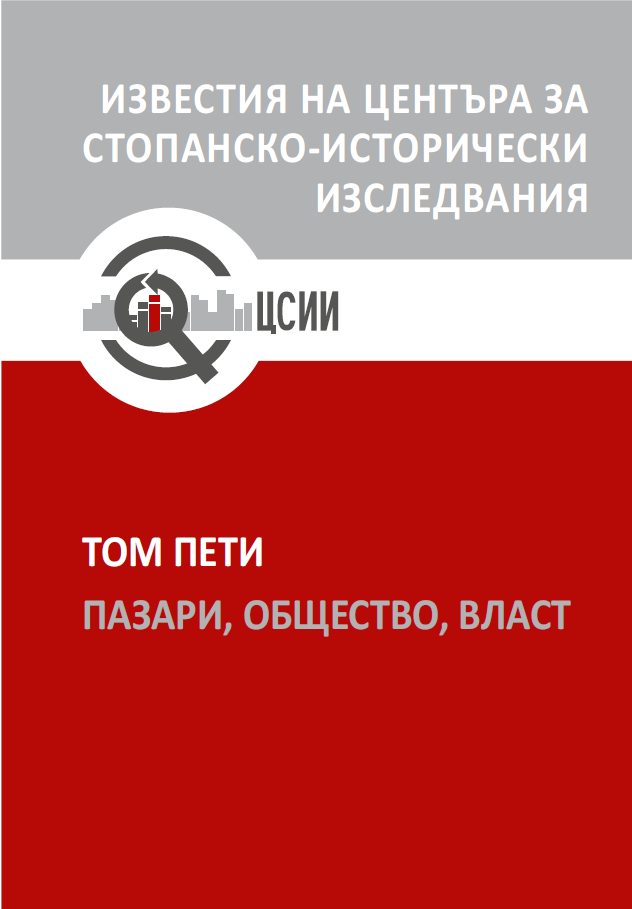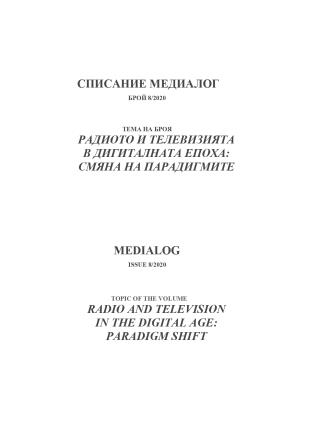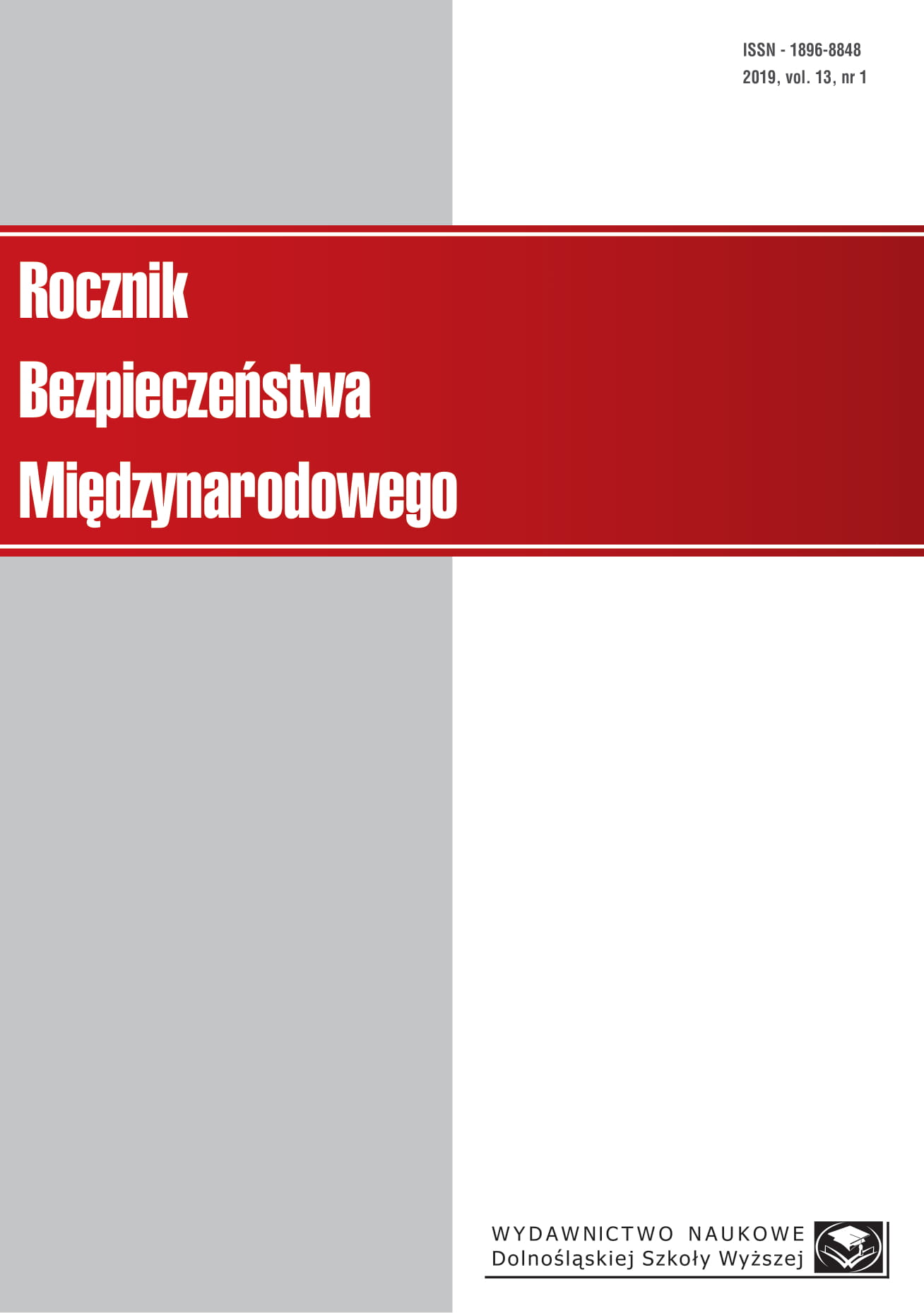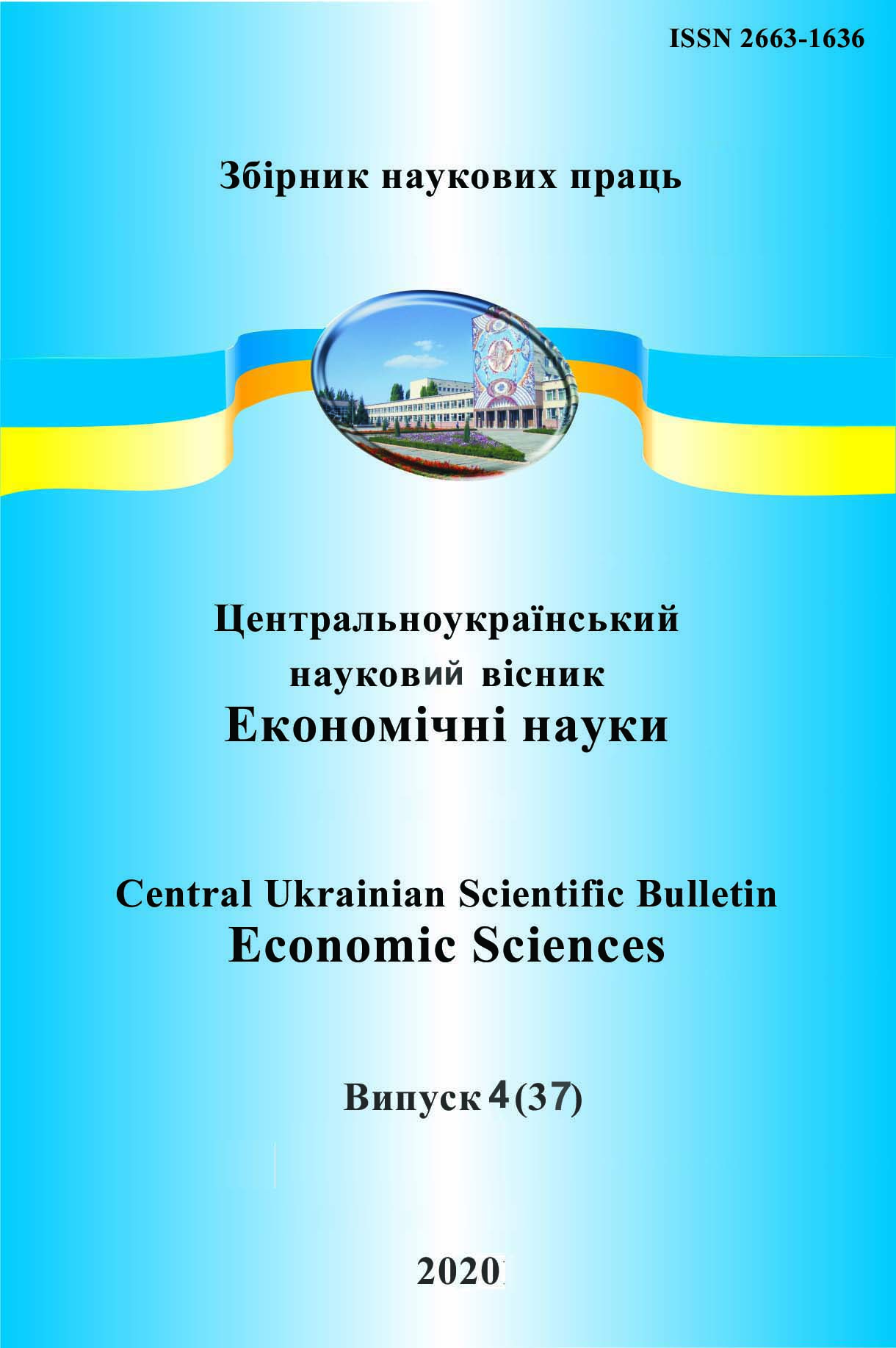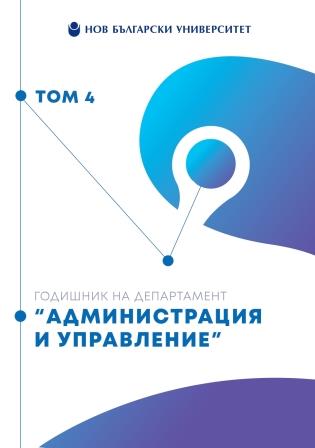
Отражение на международните стопански кризи върху икономически сектори в България през периода 2008-2017 година
The aim of the present study is to investigate and analyze the impact of international economic crises on the economic sectors in our country. In this connection, the dynamics of the gross value added on the economic sectors in Bulgaria and the impact of the global financial crisis on them are examined. The survey period 2008-2017 is examined. The survey methodology is expressed in an analysis of the change in gross domestic product over the period. A system of absolute and relative metrics is used to measure its rate of change.
More...

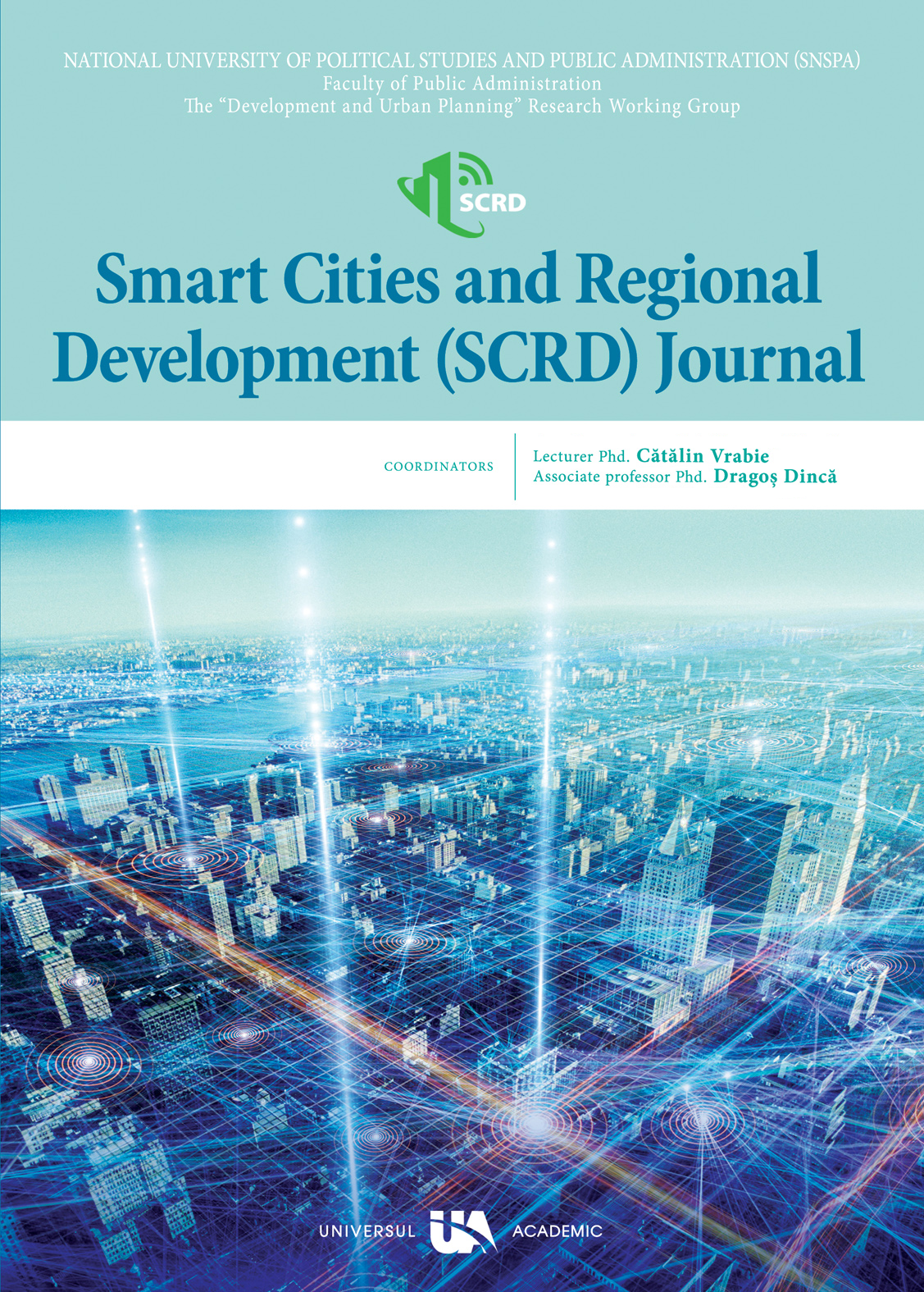
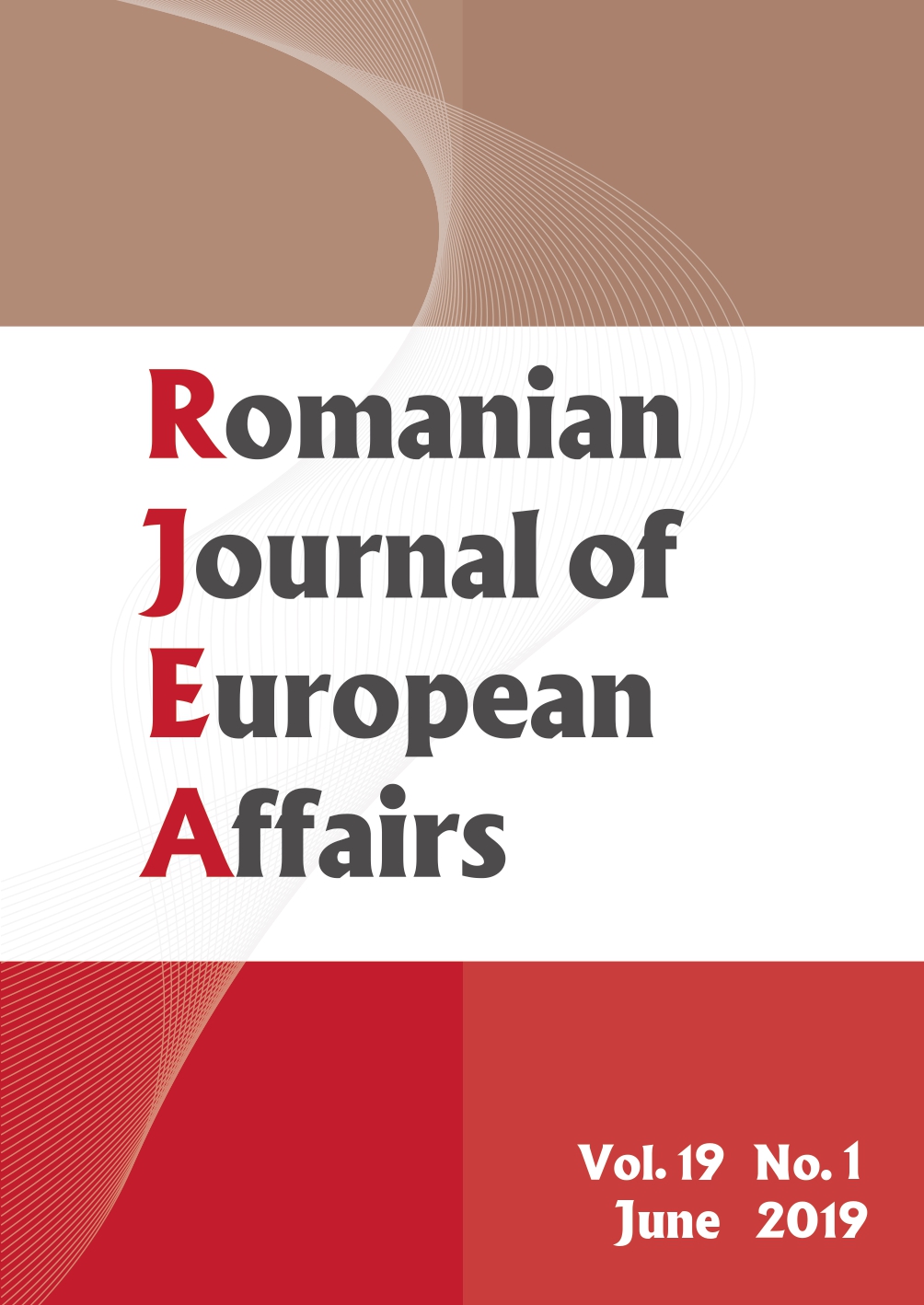
![Capitalul în România postcomunistă [Capital in Post-communist
Romania], by Florin Georgescu, Editura Academiei Române,
Bucureşti, 2018, 3 vol., ISBN 973-27-2936-6](/api/image/getissuecoverimage?id=picture_2019_53055.jpg)


